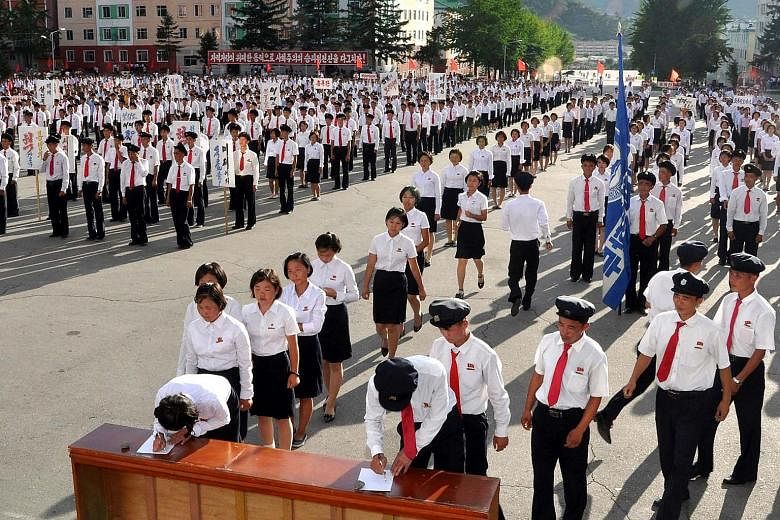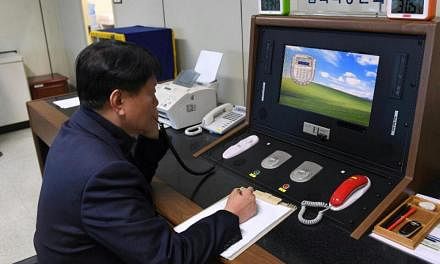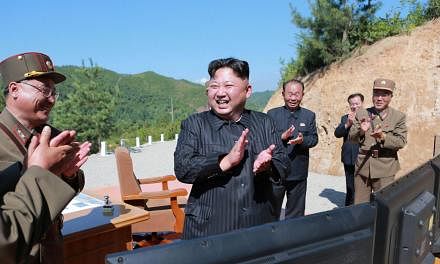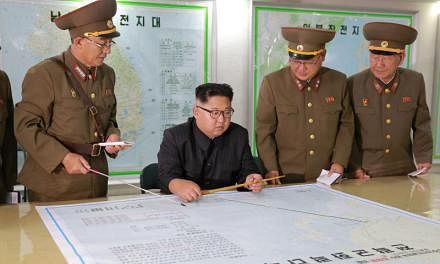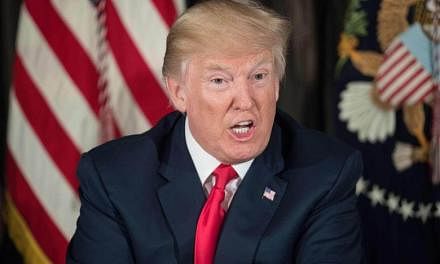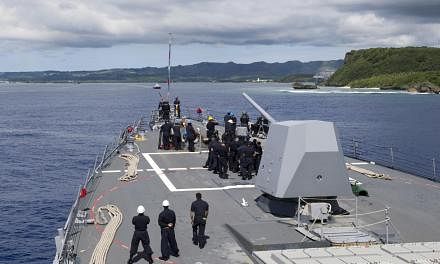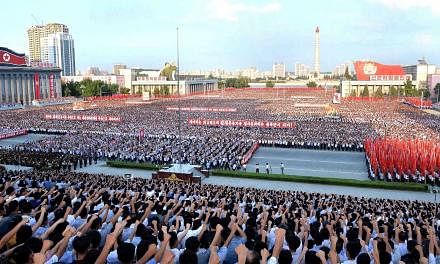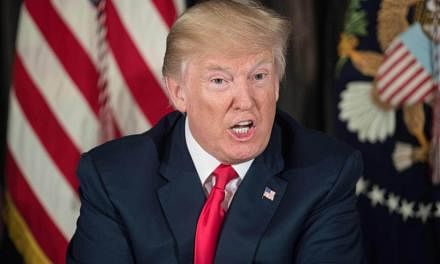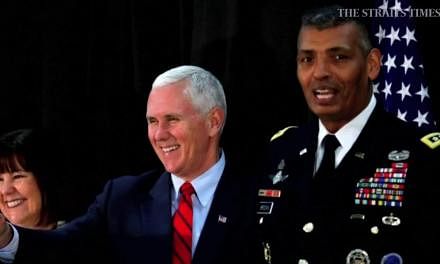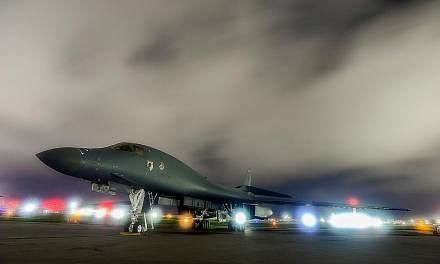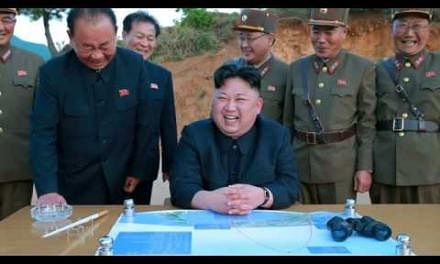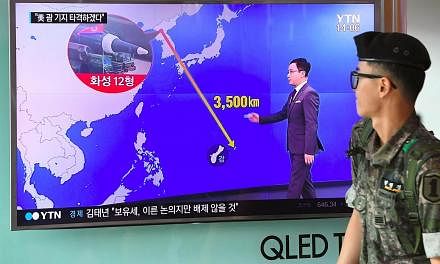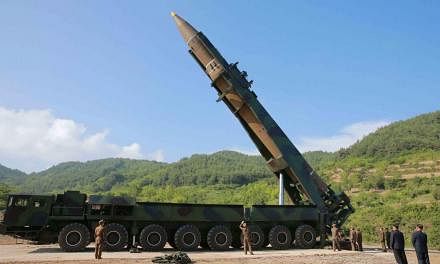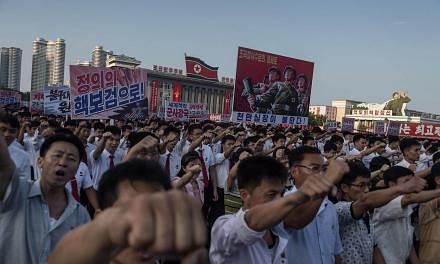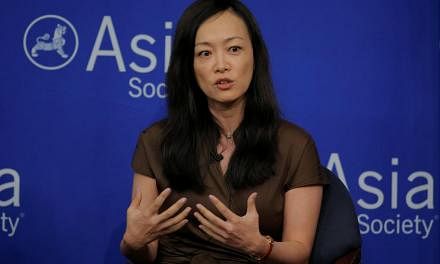WASHINGTON • North Korea's success in testing an intercontinental ballistic missile (ICBM) that appears able to reach the United States was made possible by black- market purchases of powerful rocket engines probably from a Ukrainian factory with historical ties to Russia's missile programme, according to an expert analysis and classified assessments by US intelligence agencies.
The studies may solve the mystery of how North Korea began succeeding so suddenly after a string of fiery missile failures, some of which may have been caused by US sabotage of its supply chains and cyber attacks on its launches.
After those failures, the North changed designs and suppliers in the past two years, according to a new study by Mr Michael Elleman, a missile expert at the International Institute for Strategic Studies.
Such a degree of aid to North Korea from afar would be notable because US President Donald Trump has singled out only China as the North's main source of economic and technological support. He has never blamed Ukraine or Russia, though Secretary of State Rex Tillerson made an oblique reference to both China and Russia as the nation's "principal economic enablers" after the North's most recent ICBM launch last month.
Analysts who studied photographs of North Korean leader Kim Jong Un inspecting the new rocket motors concluded that they derive from designs that once powered the Soviet Union's missile fleet. The engines were so powerful that a single missile could hurl 10 thermonuclear warheads between continents.
Government investigators and experts have focused their inquiries on a missile factory in Dnipro, Ukraine, on the edge of the territory where Russia is fighting a low-level war to break off part of Ukraine.
During the Cold War, the factory made the deadliest missiles in the Soviet arsenal, including the giant SS-18. It remained one of Russia's primary producers of missiles even after Ukraine gained independence.
But since the nation's pro-Russian president Viktor Yanukovych was ousted in 2014, the state- owned factory, known as Yuzhmash, has fallen on hard times.
"It is likely that these engines came from Ukraine - probably illicitly," Mr Elleman said in an interview. "The big question is how many they have and whether the Ukrainians are helping them now. I am very worried."
Bolstering his conclusion, he added, was a finding by United Nations investigators that North Korea tried six years ago to steal missile secrets from the Ukrainian complex. Two North Koreans were caught, and a UN report said what they tried to steal was focused on advanced "missile systems, liquid- propellant engines, spacecraft and missile fuel supply systems".
Investigators now believe that amid the chaos of post-revolutionary Ukraine, Pyongyang tried again.
Mr Elleman's analysis is a public confirmation of what intelligence officials have been saying privately for some time: The new missiles are based on technology so complex it would have been impossible for the North Koreans to have switched gears so quickly themselves.
They apparently fired up the new engine for the first time last September, meaning it took only 10 months to go from that basic milestone to firing an ICBM, a short time unless they were able to buy designs, hardware and expertise on the black market.
The White House had no comment when asked about the intelligence assessments.

NYTIMES
